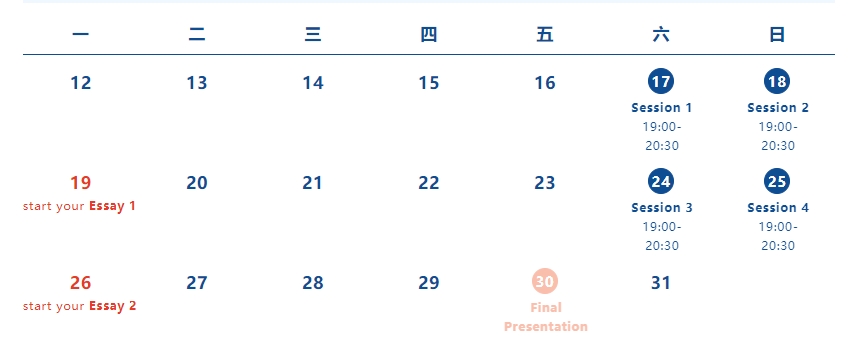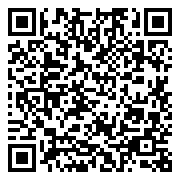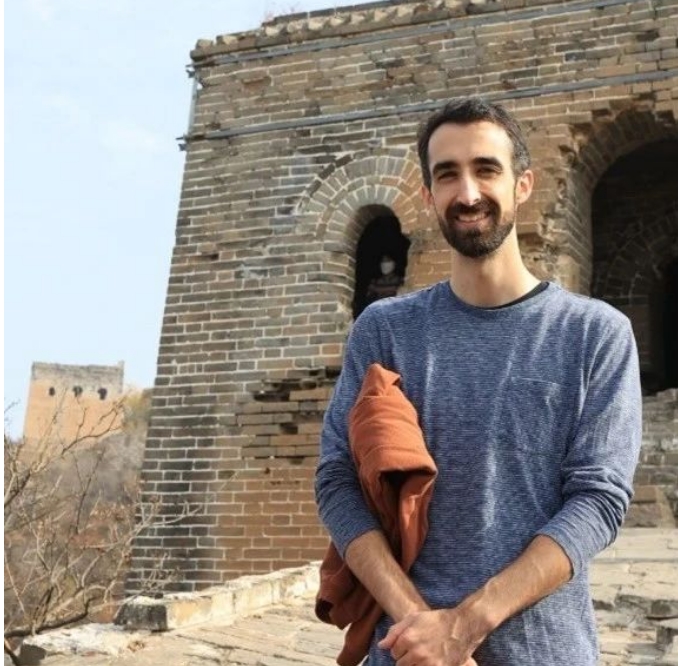Event Time
China Standard Time:
Saturday, August 17; Sunday, August 18; Saturday, August 24; Sunday, August 25
7:00-8:30 pm

* the specific time of Final Presentation TBD
Location
Yale Center Beijing
36th Floor Tower B of IFC Building 8 Jianguomenwai Avenue Chaoyang District, Beijing (Yong'anli Subway Station, Exit C)
Format
- Four 90-minute lecture and discussion sessions (a total of 6 hours) over 2 weeks
- In-session writing exercises, small group discussions, and workshops for each session
- Pre-program reading selected by the speaker
- 2 practicums after every 2 sessions with tailored feedback on the final pieces from the speaker (details as follows)
- Opportunities to present your own pieces at a final presentation
The language of the event will be English.
* Those who attend all of the sessions will each receive a certificate of completion.
In addition to in-session writing exercises, participants will write and receive feedback on TWO essays. The first essay will be an argumentative essay, and it will be similar in style to what you might be expected to produce in a college-level course on academic writing and composition. The second essay will be a personal essay, and it will be similar in style to what you might be expected to submit as part of a college application.
Registration
Participants:
- Middle / high school / university students and anyone who is interested in writing (recommendation: be at least 14 years old)
- English language proficiency for meaningful participation during discussions
* Registration is subject to approval.
Fee:
- Early Bird (by June 12): RMB 5,088
- Group Discount Price (at least two persons): RMB 5,888 per person
- Standard Ticket: RMB 6,888
For potential participants who could only join online:
- Online Early Bird (by June 12): RMB 4,088
- Online Group Discount Price (at least two persons): RMB 4,888 per person
- Online Standard Ticket: RMB 5,888
*The registration fee for the event is non-refundable. Unless due to a force majeure reason, Yale Center Beijing will not refund any part of the registration fee if a participant fails to attend the event.
Contact:
+86 139 1131 9551
Registration:
To apply, scan the QR code below, or click HERE.

The Program
What is the point of writing an essay, and how do the best essayists achieve the goals they set for themselves? In this four-session program, we will explore these and other basic questions about the art of composition by considering three possible reasons for writing an essay: explaining, persuading, and telling a story. Some essays, in other words, try to explain big ideas in an accessible way, helping us understand difficult theories so that we can apply them in our everyday lives. Other essays try to persuade us to change our minds about controversial ethical, religious, or political issues. And still others tell stories so that we can feel what it’s like to live in someone else’s skin. In order to understand these three goals and the tools good writers use to accomplish them (sometimes all at once!), we will read and analyze a selection of exemplary essays, and we will practice how to emulate them through workshops and writing exercises. Along the way, we will discuss a range of rhetorical terms and techniques. And in our final session, we will discuss one further goal of good writing, which is perhaps the hardest of all to achieve: making the reader laugh.
Session 1: Explaining
A basic purpose of almost all essay writing is explaining difficult ideas in a lively, layered, and relatable way. After all, even if your ultimate goal is to present an original argument, you will need to begin by explaining what others have said about your topic. In our first session, then, we will discuss some strategies for approaching this fundamental basic task by considering a genre in which the art of explanation is absolutely crucial: science writing.
Session 2: Persuading
Most of the time when you write an essay, your goal is not only to explain an idea to someone. It is also to persuade them to think differently. In this session, then, we will talk about some techniques you can use to clarify your point, establish your authority, and persuade readers to agree with you, even when you are saying something controversial. We will focus on a genre of writing that requires careful thinking, generous motives, and the artful ability to change people’s minds: moral philosophy.
Session 3: Storytelling
Persuasive can use stories, and stories can be used to persuade. But essays that tell stories often use a distinctive set of tropes, tools, and techniques. These include focalization, sensuous description, metaphor, analogy, dialogue, irony, humor, and much more. To explore these and other useful techniques, we will devote this session to the genre of writing that most obviously exhibits them: the personal essay.
Session 4: Laughing
Persuasive can use stories, and stories can be used to persuade. But essays that tell stories often use a distinctive set of tropes, tools, and techniques. These include focalization, sensuous description, metaphor, analogy, dialogue, irony, humor, and much more. To explore these and other useful techniques, we will devote this session to the genre of writing that most obviously exhibits them: the personal essay.
Speaker

Peter Conroy PhD’23
Postdoctoral Fellow, Tsinghua Institute for Advanced Study in Humanities and Social Sciences
Peter Conroy is a postdoctoral fellow at the Tsinghua Institute for Advanced Study in Humanities and Social Sciences. Before moving to Beijing, he received his PhD from Yale, his MPhil from Cambridge, and his BA from Columbia. While in graduate school, he taught several undergraduate seminars on literature and composition, as well as one seminar on academic inquiry and writing for the Yale Prison Education Initiative. He also has experience teaching elementary and middle school English, and enjoys working with students at all levels of the writing process.
Public Event